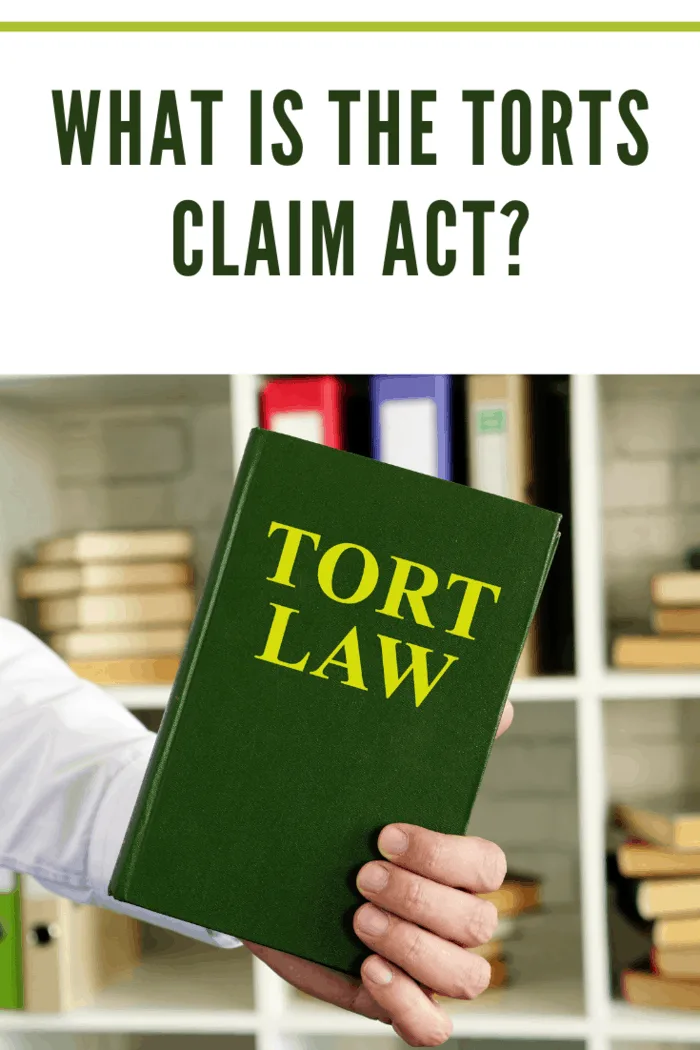A tort claim is typically known as an injury claim, which means a person that has been injured in an accident that was no fault of their own files a lawsuit against the person responsible for their injuries. Tort claims are generally monetary compensation for injuries suffered by the victim. In the case of a lawsuit against the government, most fall under what is known as sovereign immunity, which means lawsuits against the government are forbidden. The tort claims act defines government as an organization or agency at the local or state level.

Major Types of Torts
To file a tort claim, you must establish that another person broke a duty of protection, and the breach of protection resulted in your injuries and cause of the claim.
Three major types of torts generally lead to legal liability, including:
Intentional torts–
This tort is not considered an accident but an intentional act committed with purpose and plans of causing harm.
For instance, physically hurting someone, either physically or with an object, is known as battery or assault, which means threatening to commit battery.
Negligence torts–
This is the most common type of civil liability and may be considered an accident if the person fails to take the proper precautions to prevent injury.
For instance, civil negligence means someone didn’t exercise due diligence or acts more non-responsibly than expected, such as a stair landing that broke and was not replaced.
Criminal negligence is when someone is unintentionally killed, such as being killed in a car crash by a drunk driver, according to Legal Dictionary.
Strict liability torts–
This is an automatic liability for persons whose product or actions caused injuries, even if the situation was out of their control.
For instance, if a product causes injuries or damages due to a defective design, the company will be held liable even if it played no part in the accident.
Exceptions to the Torts Claim Act
Like any lawsuit, there are exceptions. For instance, if you are in an auto accident and hurt by a negligent driver, there is no liability on the government in this situation. An emergency exception means that the actions of government employees are exempt when injuries occur while responding to an emergency unless they did not consider public safety at the time the act was committed. Safety officer exceptions are designed to protect firefighters and police during the execution of duty.
According to USA.gov, If you have been injured by a government employee or on government-owned property, the best way to determine if your claim is substantial enough for a lawsuit, it’s essential that you contact a personal injury attorney that is experienced in the torts claim act as well as the type of personal injury lawsuits in which you are considering. Keep in mind that there is a process that must be followed precisely to follow through with the lawsuit, so it’s important to have representation by someone experienced in your type of injury.
